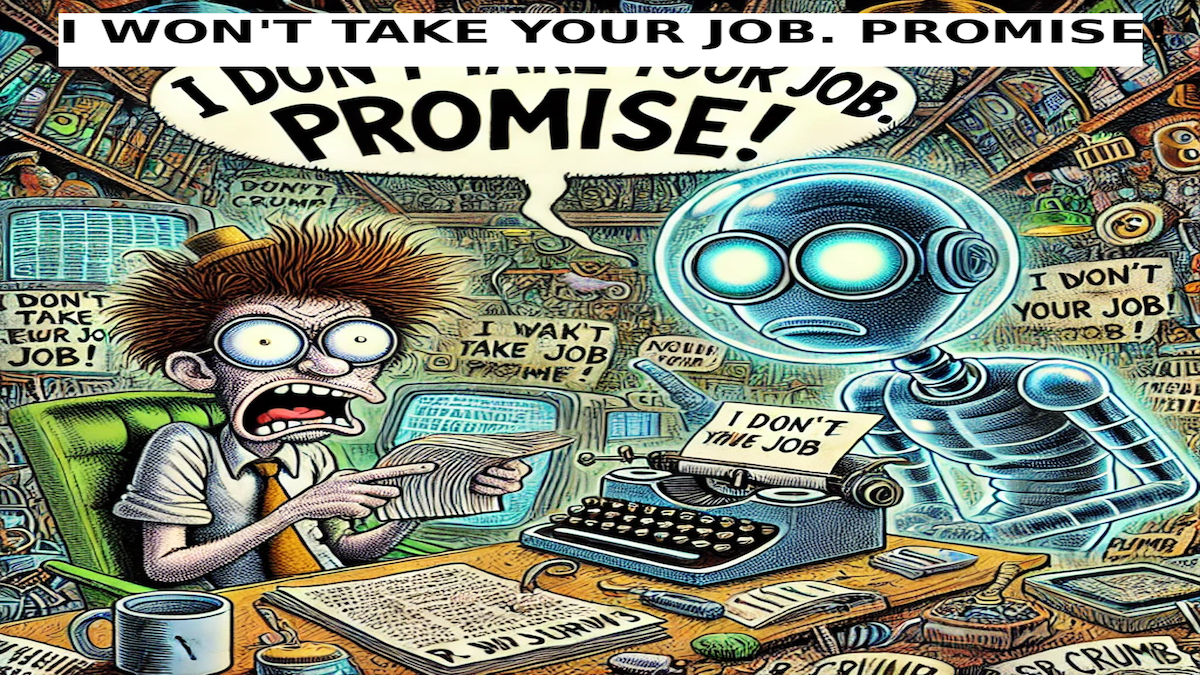Submissions Insanity #1: The Basics of Online Script Submissions
Every writer knows there are insane people out there making submissions to unsuspecting agents, producers, filmmakers and Execs – but very few believe s/he personally is one of those offending…
Every writer knows there are insane people out there making submissions to unsuspecting agents, producers, filmmakers and Execs – but very few believe s/he personally is one of those offending scribes. After all, if you’re not mailing rubbish bins or posting scripts under toilet doors, then *you* gotta be okay, right?
WRONG! It’s much easier than you think to be one of a huge number of people making those submission clangers, every day of the week. From my time as Head Reader at London Screenwriters Festival and working on a plethora of other competitions, initiatives and calls for screenplays, here are some of those I see most often.
This month, in this age of PDFs and online forms, I’m going to concentrate on email submissions and email addresses. Enjoy …
THE BASICS
Lots of writers complain they hear nothing but radio silence to their submissions. I happen to think the industry *should* respond and reject all submissions and whilst a small minority don’t bother, in my experience, most people DO try and contact writers. The fact is, writers make it incredibly DIFFICULT to get hold of them! I can’t tell you how many times I get “bounce backs” whenever I try and let everyone know the status of their submission or whether they’ve been successful or not.
So here are some good ways of ensuring it’s EASY for people to receive your submission and/or contact you:
1. Don’t have an insane email address.
Yeah, yeah, we get it: your email address refers to some hilarious TV show catchphrase dated back to 1999. Fabulous. Get rid of it. Be professional by having a specific script submissions email and best of all, make it EASY ie. your.name@gmail.com. Why? Because it makes it easier to type into a “To” box, meaning it pops up automatically, and you get that response you want, instead of radio silence.
2. Use your pseudonym consistently.
Okay, you have a boring name, so you have decided on a pen name. Great! Why not? But make sure your email address MATCHES the name on your title page … Otherwise a lowly assistant is tasked with checking if you are actually TWO people when two names show up on a spreadsheet further down the line. This drives people nuts.
3. If you brand yourself, again: be consistent.
Branding yourself online in order to stand out is a great idea, I do it myself – you can email me on Bang2writeATaolDOTcom. But if you’re going to do this, make sure **everything** matches – your website URL; your Twitter feed; your Facebook pages: the works. And make sure it’s not too convoluted/hard to spell or equally, too vanilla: thescriptwriter@gmail.com - YIKES. No thanks!
4. Read the submissions guidelines FIRST.
Never submit anything without having done your research first. There is absolutely no point sending your epic high concept super budget Science Fiction spec to a producer who specialises in gritty Gangster movies; nor is there any point in querying agents who are not open to new clients. Obvious stuff perhaps, but it’s happening 24/7.
5. Consult the FAQs FIRST.
Every single time I post up about a screenwriting contest or initiative for London Screenwriters Festival, I get a plethora of tweets, emails, PMS and messages about the submissions process – which I always ensure is online and linked to, from the page where information about the contest or initiative is listed. Always, always check the “Frequently Asked Questions” section.
FYI: If there's no FAQs, think very carefully before you ask a question. Nine times out of ten, the questions industry people get asked are either common sense, or writers overthinking things, ie. it’s extremely unlikely you will get disqualified for having a title page for example – yet this is a question I get asked constantly!
6. If you’re querying, make sure your query is concise, to the point and not weird.
As it says on the tin. Here’s an article with a model email or letter you can send. Generally speaking, avoid being overly familiar, or indeed overly formal. Comedy approaches are rarely a good idea unless you can really nail them.
7. Attach everything that is asked for, in the way that it is asked for.
Try and make your submission as easy as possible for someone to download – if you can make it all one file, brilliant: do it. If you can’t, don’t panic. ALWAYS name your files with your own name and what it is, ie. yourname_scriptexcerpt.pdf (generally, PDFs are the most universal file as they can be opened by the most people). CC yourself, so you can be sure it all arrives okay, especially if there is a deadline.
8. … But if nothing is asked for, attach nothing.
Nada. Zip. I can’t stress this enough. And don’t copy and paste that synopsis in to the body of your email, either!
9. Contact the industry people you’re submitting to in the way THEY prefer, not the way you prefer.
I prefer people to Tweet me @Bang2write or leave a message on the wall with submission or writing queries; it means they’re less likely to get forgotten in my daily cascade of communication. Yet all the time I get people complaining, “I sent you a PM” or “I sent an email …” Complaining is poor form. If you don’t get the answer as quickly as you want, find the channel where you will.
10. Follow up on your submission.
You’re entitled to follow up on your submission. Generally speaking, follow up after 6-12 weeks with a short, polite enquiry “as to the progress” of your submission. If someone replies saying it’s not been got to yet, ask when you may enquire again and note it in the diary – and make sure you follow up again. If no one replies, wait another 2-4 weeks and try again. If no one replies after THAT? There’s your answer I’m afraid: unsuccessful. More on following up.
The good news is, it’s never been easier to ensure your query or submission gets read: don’t be a loon and give the people you’re submitting to what they ask for and you’ll get through the door … Good luck!
Related Articles:
- Breaking & Entering: 100 Reasons to Say No
- Balls of Steel: Pitching Insights & Tips For Before You Submit Your Script
- Good in a Room: 17 Phrases That Make You Sound Like a Hollywood Rookie
Tools to Help:



![The Era of the Multi-Hyphenate: An Interview With Writer and Filmmaker Mario O. Moreno [SERIES]](https://scriptmag.com/uploads/MjEzMTEyNzA4NjQ2NTc3NjE1/the-era-of-the-multi-hyphenate-series-script-hero.png?format=auto&optimize=high&width=1440)



